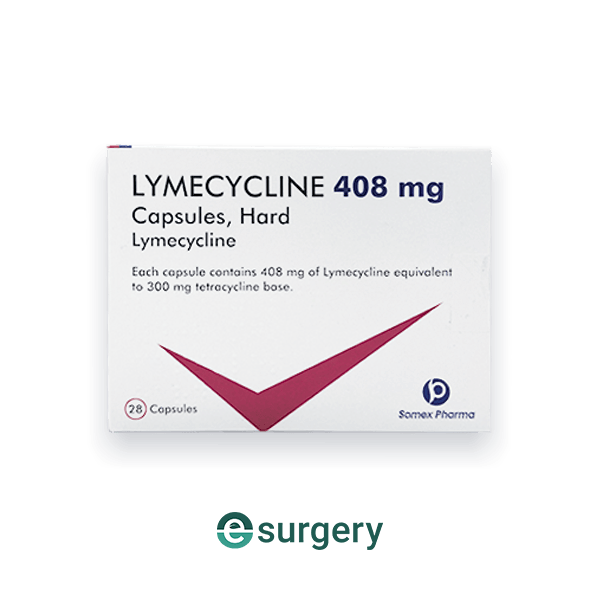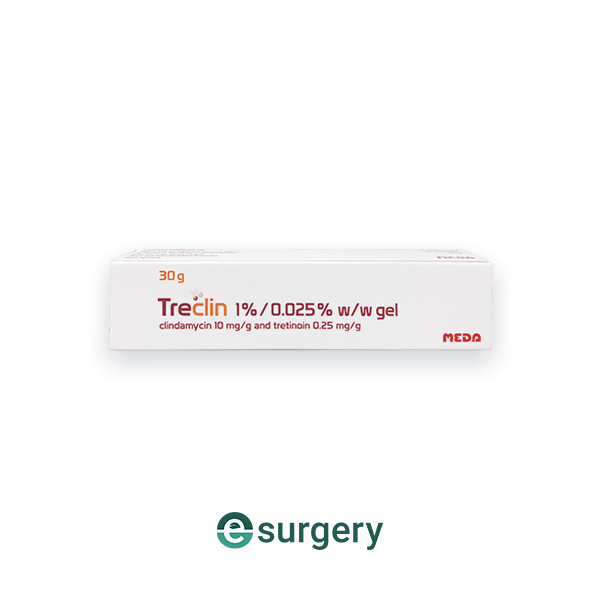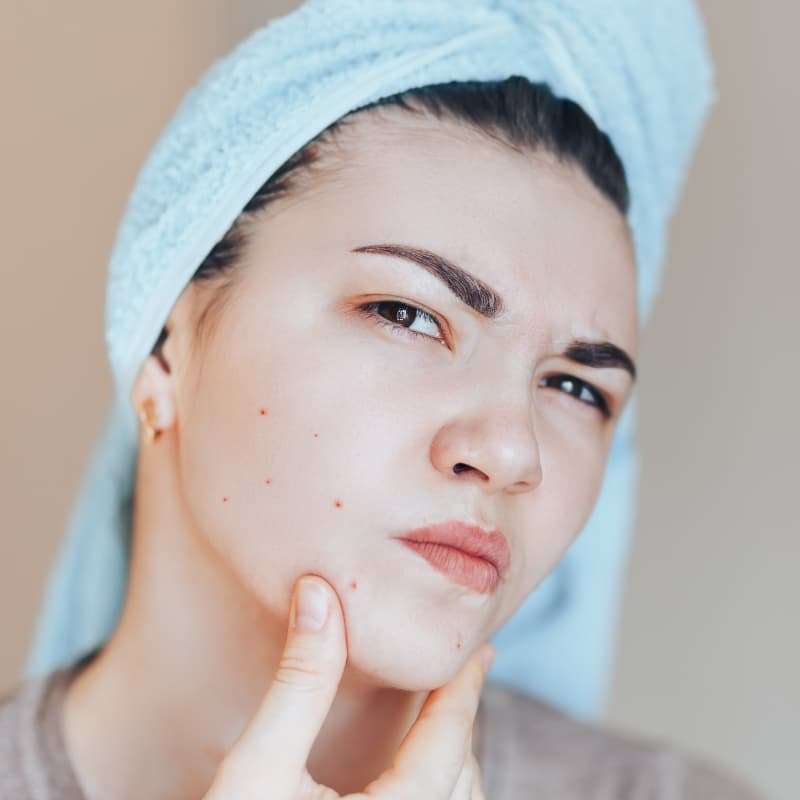
You’re not alone. Acne is one of the most common skin conditions worldwide.
Acne affects over 95% of individuals in the 11 – 30 age group at some point in their life [1]. Breakouts can be incredibly frustrating. You may find it difficult to go out or make plans with friends because you feel self-conscious about your acne. This is completely normal.
The good news is that there are many treatment options available for treating acne, including Acnecide, which we’ll be providing an in-depth review on in the post below, answering the question does acnecide work? Along with other treatments for acne as well.
What is Acnecide?
Acnecide is an over-the-counter topical gel that features 5% benzoyl peroxide as the active ingredient [2]. Benzoyl peroxide treats acne by killing the bacteria that cause breakouts.
The gel works by destroying or peeling away top layers of skin cells that cause pores to become plugged with oil and dead cells.
When pores are unclogged they can clear out trapped dirt and oil that can cause blemishes such as blackheads, whiteheads, pimples, and cysts.
How Will Acnecide Treat My Acne?
Acnecide Gel for treating acne contains the active ingredient benzoyl peroxide which works by releasing free oxygen radicals. These interrupt the bacterial growth cycle within Propionibacterium acnes – the bacteria that resides in your sebaceous glands and cause spots.
These free oxygen radicals can damage cells, but this doesn’t happen when they have formed near Propionibacterium acnes because these bacteria possess natural enzymes that protect them from being destroyed themselves by these free oxygen radicals.
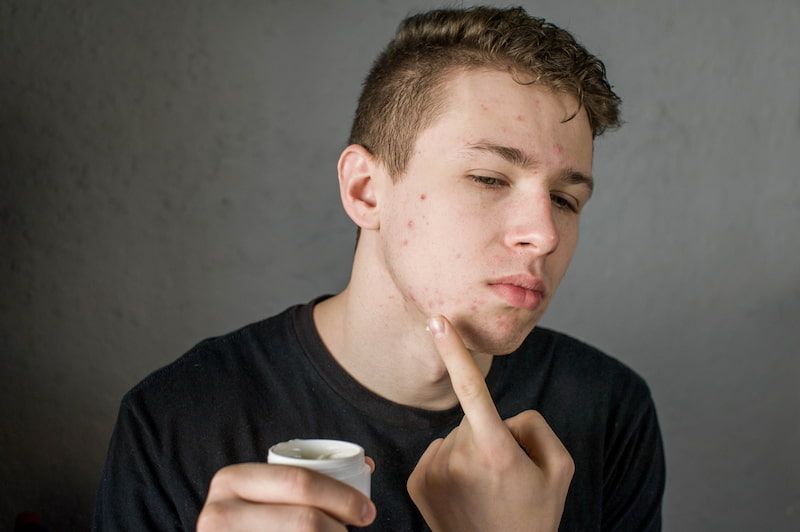
When Propionibacterium acnes are no longer protected, their cell walls break down and they die. Propionibacterium acnes bacteria do not develop resistance to benzoyl peroxide; the amount needed to treat the bacteria is far below what would be toxic for your skin [3].
Benzoyl peroxide works by removing excess oil from the hair follicles while at the same time removing dead skin cells, shrinking pores, and helping to fight off infection-causing bacteria.
This may help prevent future breakouts while also preventing scarring after blemishes heal. By applying Acnecide directly onto affected areas twice a day the medication is directly absorbed into your pores, kills acne-causing bacteria, and reduces inflammation.
Who is Acnecide For?
Acnecide can be used by everyone suffering from acne. However, precautions must be taken in the following situations [4]
• If you are allergic to benzoyl peroxide or any of the gel’s other ingredients.
• It’s important to get medical advice from your doctor before using Acne Treatment Gel if you’re pregnant or breastfeeding.
You must speak with your GP before choosing a course of action to ensure that you get the most suitable treatment tailored just for your skin type.
You should also consult your GP or pharmacist before using Acnecide in combination with other topical treatments for acne. Use of the Acnecide gel alongside other topical treatments such as medicated cosmetics and soaps could lead to dryness, peeling, or irritation of one’s skin if applied at the same time.
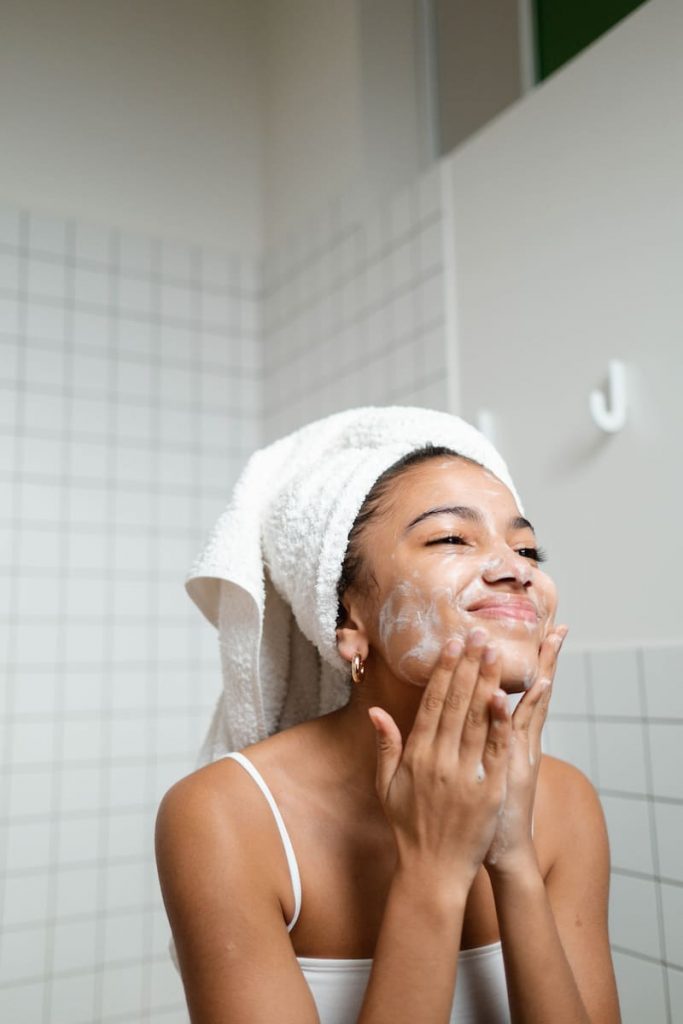
What Results Can I Expect After Using Acnecide for Acne?
Many people find that their acne reduces after four to six weeks of using this medicine, but some may need more time.
If after two months of treatment there has been no improvement in the appearance or amount of breakouts then it is recommended that one seek medical advice from their GP.
Are There Any Side Effects?
Benzoyl peroxide is a keratolytic medication. This means it has an exfoliating action that helps to loosen dry, scaly skin cells.
These can then be removed more easily, unblocking pores and helping to prevent further spots from forming. Acnecide may be associated with some mild side effects, such as:
• Dry skin
• Skin peeling off
• Burning sensations on the skin
• Itching
• Pain where applied
• Skin redness
Are There Any Alternatives to Acnecide?
Yes, there are alternative treatments for acne apart from Acnecide, such as:
Lymecycline:
Lymecycline capsules for acne treatment is a type of antibiotic that helps clear infection and inflammation, reduces whitehead/blackhead formation as well as irritation from bacteria on your skin surface. It can take up to 8 weeks before you see improvement in the appearance of these spots with treatment usually ending after 3 months or less.
Treclin Gel:
Treclin Gel for acne contains two powerful ingredients – Clindamycin and Tretinoin. Clindamycin is an antibiotic that can be used to reduce the growth of bacteria associated with acne and inflammation. Tretinoin normalizes superficial skin cells and prevents the build-up of oil, preventing blackheads. When used in combination with clindamycin it’s even more effective at removing acne.
Alongside medication, there are also various tips you can follow to ensure you are helping to manage your acne at home. We have highlighted our top 6 tips in the infographic below:
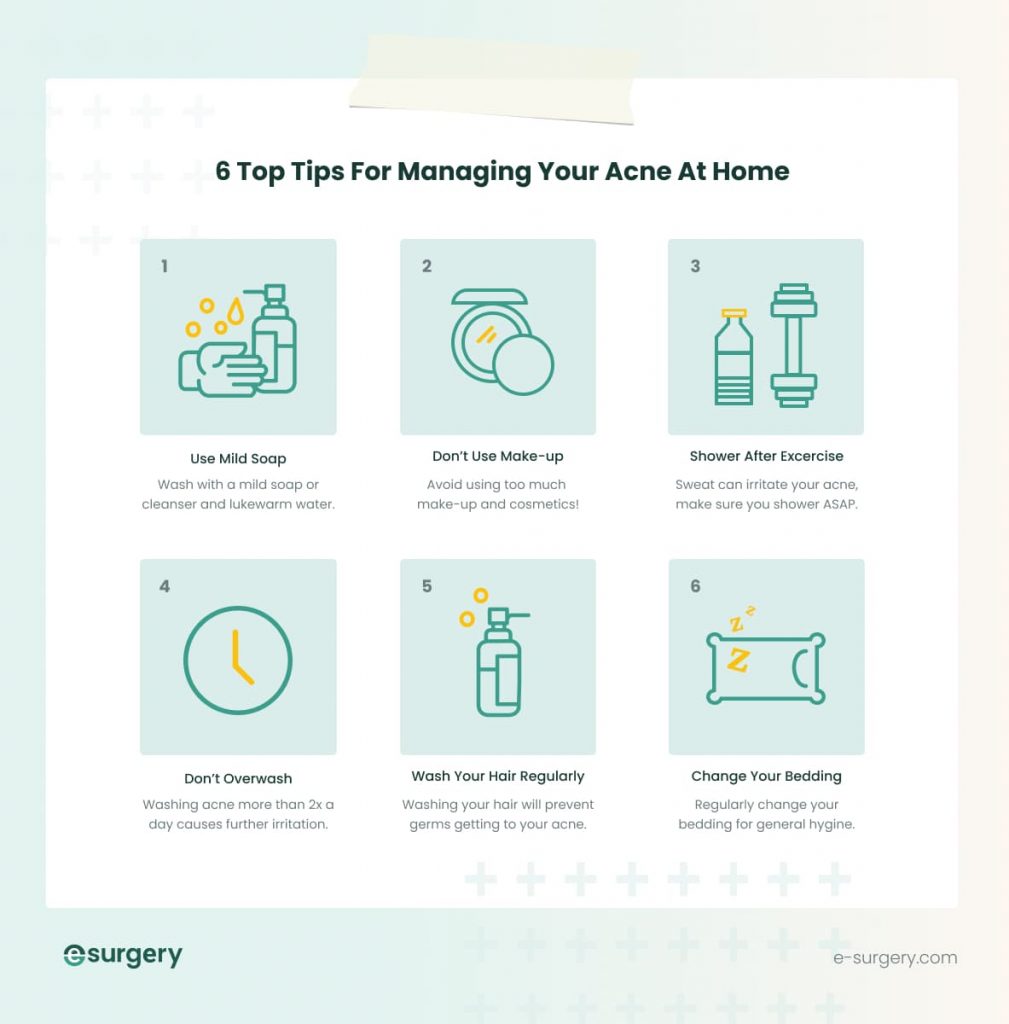
Can I Buy Acnecide and Other Acne Treatments Online?
Yes, e-surgery is a reputed and registered online pharmacy that provides a wide range of acne treatments online along with efficient doorstep delivery.
When buying Acnecide online, make sure that the GPhC and MHRA logos are displayed on every page of their website.
Sources
1. Overview Acne (NHS)
2. Benzoyl peroxide (NHS)
4. ACNECIDE 5% w/w gel Benzoyl Peroxide (Medicines.org.uk)
Further Reading
- Benzoyl Peroxide for Acne: Does It Work, Side Effects and Before and after Shots (Woman’s Health)
- Benzoyl peroxide for acne (Patient Info)
- What to Expect From Benzoyl Peroxide Acne Medication (Very Well Health)


